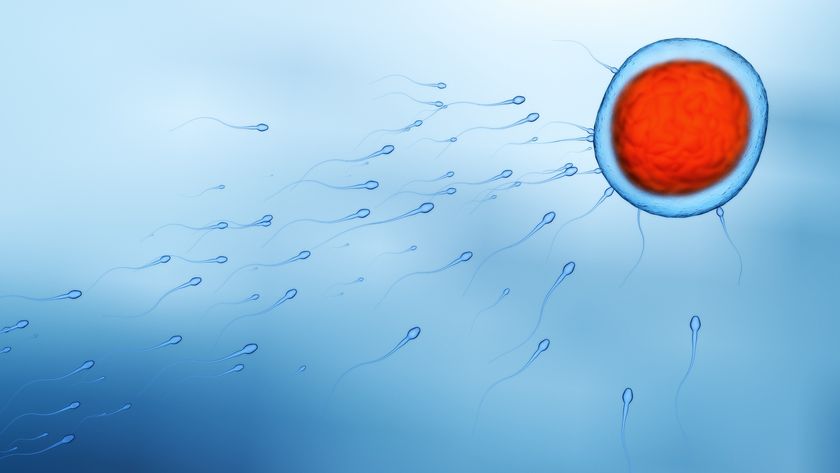Flower Power Shows Sex is a Good Thing
Sex can be a wonderful thing. But from a biological perspective, it’s a lot of work and not the most efficient way to reproduce. Simply splitting into two as amoebas do — one method of asexual reproduction — is a lot more efficient. So why do we and so many other creatures and even plants bother with sex?
It strengthens an organism’s ability to adapt and may lead to stronger disease resistance, a new study of wildflowers finds.
Scientists studied 32 different species of evening primroses. Many species of these wildflowers reproduce asexually, by cloning themselves. Others reproduce sexually.
“We found that the sexual plants have an increased ability for adaptive, positive evolution,” said Erika Hersch-Green, a biologist at Michigan Technological University. “That’s in line with many of the theories of evolution of sex.”
Other studies have shown that sexual reproduction eliminates bad mutations and can help fend off parasites, and that in tough times, when food is scarce, sexual reproduction beats out asexual efforts. By shuffling genes of two parents, sex provides a means of adapting to new environments, other research has shown. In a nutshell, a growing body of research finds sex is good for survival of a species. [Why We Have Sex: 237 Reasons]
Hersch-Green and colleagues found that a certain gene that protects against disease had more mutations in the primroses that reproduced sexually than in those that cloned themselves. Furthermore, the genes of the sexual plants were more expressive — they produced more of a disease-fighting enzyme.
The results were detailed recently online in the Journal of Evolutionary Biology.
Sign up for the Live Science daily newsletter now
Get the world’s most fascinating discoveries delivered straight to your inbox.













